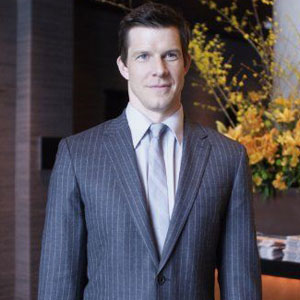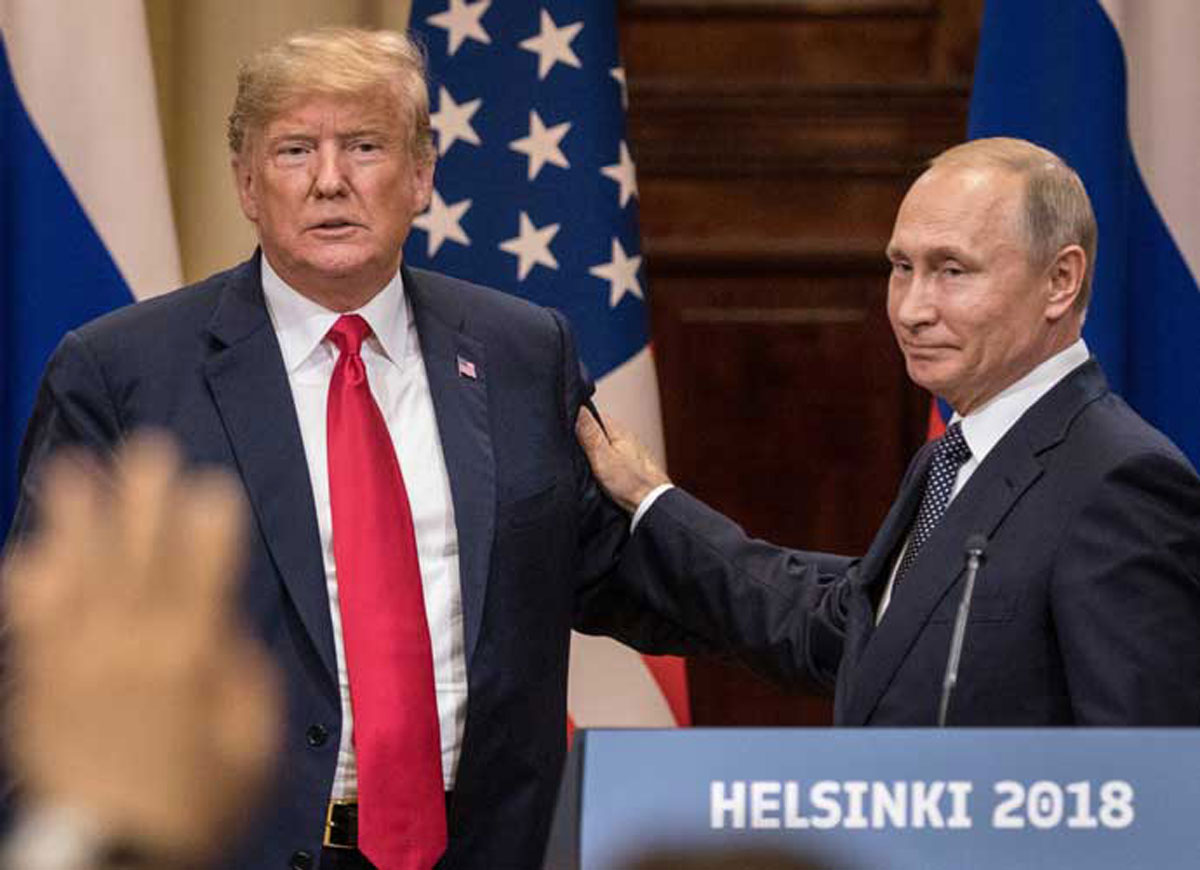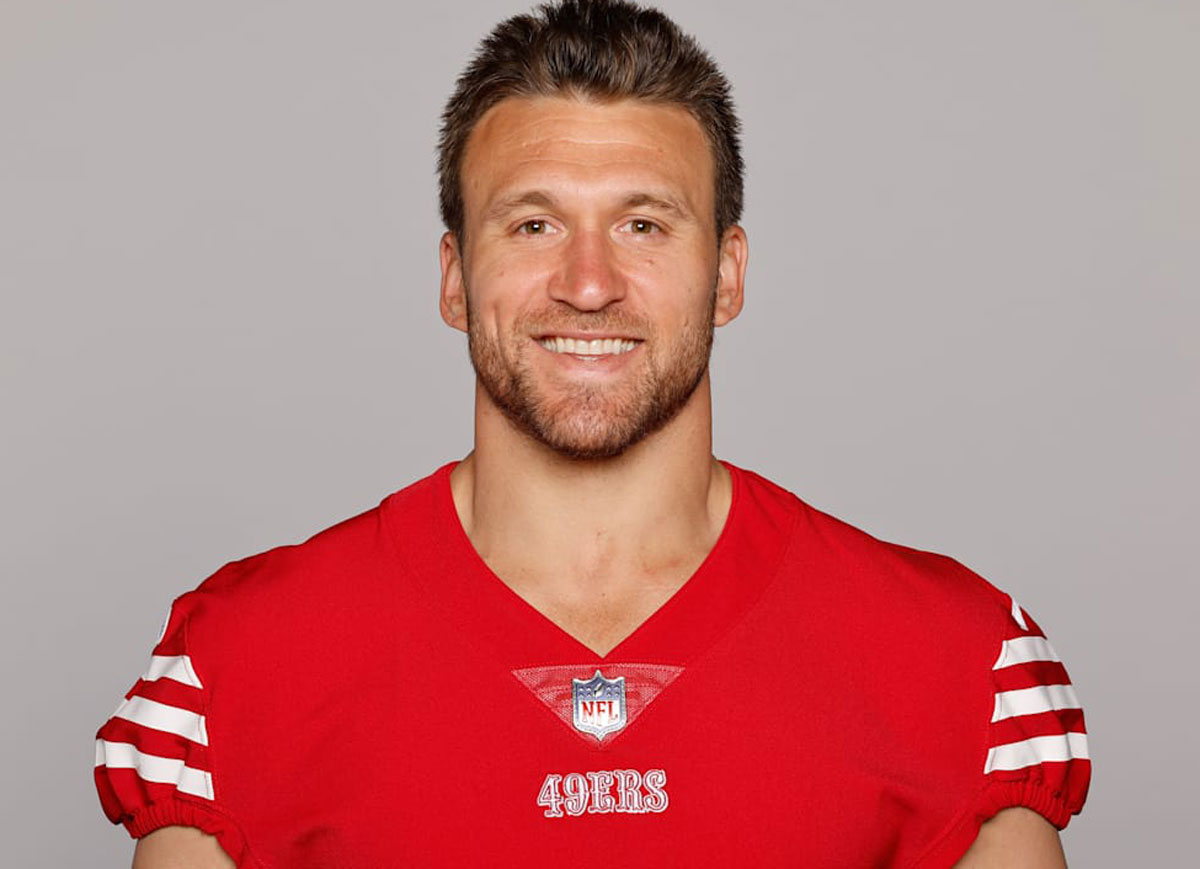Eric Mabius On 'Price Check,' Parker Posey
Eric Mabius stars alongside indie darling Parker Posey in the new Magnolia Pictures film, Price Check, which was filmed on an uber-short 18-day shoot. As far as Mabius is concerned, however, the hurried experience enhanced the content of the film.
“I think it added a bit of immediacy,” Mabius told Uinterview exclusively. “We had to achieve a lot without a massive shoot schedule or a massive budget. The casting was brilliant. Everyone seemed willing and ready to play.”
Mabius frequently moved as a kid, but he found a home on the stage when he attended Sarah Lawrence College, where he honed his talent for acting. He appeared in off-Broadway plays and eventually made his film debut in 1995, Welcome to the Dollhouse, with Heather Matarazzo. He has since become a staple on both the silver and small screens, having appeared in films such as Cruel Intentions and Resident Evil as well as popular shows like Showtime’s The L Word. He is perhaps best known for his role as the suave Daniel Meade on the hit ABC comedy, Ugly Betty.
In Price Check, Mabius plays Pete, a married man whose life has descended into a stagnant routine. That is, until Susan (Posey), his new boss, sends him on a wild ride, metaphorically speaking. Mabius was drawn to the film partly because of Posey’s talent as an actress, but he didn’t make the mistake of trying to emulate her style. “The great thing about Parker is she’s so good at what she does, but there’s no fear of you trying to match her pace, because it’s impossible,” Mabius added. “So she inhabits her own universe, which is what makes her so good at what she does.”
Q: Your character, Pete, is very mild-mannered at first. Is there an aspect of yourself that you could relate to in the character?
Mabius: There are aspects to what [director/screenwriter] Michael [Walker] has committed to paper that I found that I could relate to. I went to college at Sarah Lawrence, and a lot of my friends were interning at record labels. They wanted to start their own magazine. It was sort of like when you start at 17 or 18, we all have massive dreams and what happens when you sail through your 20s and you can’t achieve what you want to and the economy does what it does? Then you find yourself married with a child. How do you adjust your expectations and how do you put food on the table? The thing about Pete that I found fascinating was that he sacrificed; instead of promoting indie-label bands in the East Village throughout the New York area, he decided that he’s going to get a business degree and go work in a small grocery store chain, although he’s able now to buy a home in the suburbs and have a yard for his kid to play in. The varying degrees of sacrifice I find interesting I guess because I’m going through it as a father, and it’s fun to play the ‘What if?’ game. I wanted to sort of revisit those things that I remember from college, and I was wondering on screen, ‘Where are they now?’ Some have continued to float, some are running EW, and some have gone to other more safe jobs.
Q: In the second part of the movie, Pete falls for his boss’ madness. How did you have to adjust yourself in playing the part?
Mabius: With the sacrifice that occurs, you are lulled into some type of stasis. You don’t really feel as much, you realize how bored you are and how useless it seems, but Susan comes to town and gets these people that are zombies and gets them to care about what they’re doing. And it’s apparent even though it’s the same office that's gray and drab and sort of yellow-ish, all of a sudden she invigorates everyone there. Everyone starts to look better and care about what they do because they feel like they’re making a difference. It’s not just because Pete gets a raise. He feels important. He feels like he really is making a contribution. That echoes throughout all of the characters; you see everyone work together as a team and work toward these goals together. It’s sort of exciting. She’s manic at times and crazy, but also she is very focused and very good at what she does. That was the fun part, that transition: Pete allowing Susan’s insanity to take over. Although it ends up culminating with infidelity, I think we have all had someone in the office or the job space who does that. You can’t continue to check out and disconnect in the workspace. But unfortunately, they tend to burn bright and burn out.
There are aspects to what [director/screenwriter] Michael [Walker] has committed to paper that I found that I could relate to. I went to college at Sarah Lawrence and a lot of my friends were interning at record labels. They wanted to start their own magazine. It was sort of like when you start at 17 or 18, we all have massive dreams and what happens when you sail through your 20s and you can't achieve what you want to and the economy does what it does? Then you find yourself married with a child. How do you adjust your expectations and how do you put food on the table? The thing about Pete that I found fascinating was that he sacrificed; instead of promoting indie-label bands in the East Village throughout the New York area, he decided that he's going to get a business degree and go work in a small grocery store chain, although he's able now to buy a home in the suburbs and have a yard for his kid to play in. The varying degrees of sacrifice I find interesting I guess because I'm going through it as a father, and it's fun to play the 'What if?' game. I wanted to sort of revisit those things that I remember from college, and I was wondering on screen, 'Where are they now?' Some have continued to float, some are running EW, and some have gone to other more safe jobs.
With the sacrifice that occurs you are lulled into some type of stasis. You don't really feel as much, you realize how bored you are and how useless it seems, but Susan comes to town and gets these people that are zombies and gets them to care about what they're doing. And it's apparent even though it’s the same office that's gray and drab and sort of yellow-ish, all of a sudden she invigorates everyone there. Everyone starts to look better and care about what they do because they feel like they're making a difference. It's not just because Pete gets a raise. He feels important. He feels like he really is making a contribution. That echoes throughout all of the characters; you see everyone work together as a team and work toward these goals together. It's sort of exciting. She's manic at times and crazy, but also she is very focused and very good at what she does. That was the fun part, that transition: Pete allowing Susan's insanity to take over. Although it ends up culminating with infidelity, I think we have all had someone in the office or the job space who does that. You can’t continue to check out and disconnect in the workspace. But unfortunately they tend to burn bright and burn out.
The great thing about Parker is she’s so good at what she does, but there’s no fear of you trying to match her pace because it’s impossible. So she inhabits her own universe, which is what makes her so good at what she does. The transition from dazed and confused Pete to energized and virile Pete, it was a fun thing to go through. He goes from an observer to a participant, and that's always a fun thing to do, to see a real arc and embody a real arc. It was a dead end in a lot of ways, and all of a sudden things keep speeding up faster and faster, almost as though Pete is more comfortable in that environment being an observer, but he ends up biting off more than he can chew.
I think the toughest scene was with Sarah [Annie Parisse]. Pete is riding high throughout all that, and he has to come home and face what he's left behind, and that to me was the most painful thing because there was no place to hide. The office scene is a bit claustrophobic to some viewers, but the house is infinitely more so. There's nowhere to run. It's you, your wife, the wife you cheated on, and your little boy who was clueless as to what's going on. That's the struggle of at least 75-80%, 90% of Americans. I don't know what the odds really are, but that's, "How are we going to pay for this car. And if we get this nicer car, what will I have to do in the workplace to be able to pay for that?" These are really painful things. I didn't grow up with a lot of money, so it brings up a lot of old feelings. I also think that when you have kids you relate in a very visceral way to what it's like. When you're single and moving through your life, the sacrifices and the risks that you take seem a lot less important. The issues of selling out become a lot less relevant when you're trying to keep a roof over your head. Pete goes from being a failed record producer; he can't really continue to pay the bills. One day you find that you have a child all of a sudden and what does that mean? You're forced to adjust to a new normal, and what does that say about you and how do you assemble the way in which you regard yourself? All these things I found really fascinating, but again, painful to explore, because as actors will tell you when you're done it may be pretending, but when you're doing it, it's not pretending.
I know in the mid-to-late 90s, that was the golden period. You could almost use a film like Dollhouse as a bookend, that was the start. Sony Pictures Classics realized that if they marketed them correctly and did the right platform that they could make money off these films, but only if there was extra expendable income that people could risk. In that era, early to mid 90s, Pulp Fiction, that's sort of an extreme example, [but they] started to make people realize what is possible and I think that is really when Sundance's star was rising before corporate entertainment got in there and sharks started feeding. I think that was a wonderful time. And then, of course, the economy did what it did and the money tried up. But it was a pretty exciting time. It felt much more grassroot. It was like six or seven films at Sundance in four years. I had a lot of fun there, and it really felt like a type of extended college party. It was like a ski trip. It was really enjoyable. I'd spend my time in Sundance lamenting the good old days. But it was the money that went into the theaters there. The theaters that are connected to the high schools there, my jaw dropped, when I showed up, I think it was the Echo the first space we premiered, but there was like 1600 seats in the theater. I just couldn't believe it. It was massive. I was kind of finding myself blinking a lot. It was all corporate sponsorships. It was all press junkets. It great, that's the engine that we need to push Indie film forward, but it was just very different. I'm not going to say I was disconnected from it because I was just completely immersed in what I had to do in regards to my film. I didn't do too much looking around I guess. I went to some films, kept my head down, and I was impressed and amazed at the change over the ten years.
RELATED ARTICLES
Get the most-revealing celebrity conversations with the uInterview podcast!


![‘Ugly Betty’ Star Eric Mabius & Female Companion Arrested On Two Misdemeanors [Mugshot]](/blank.gif)



Leave a comment